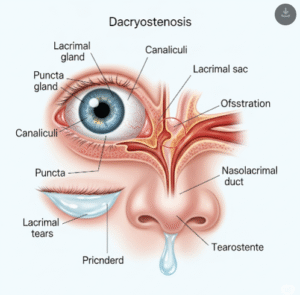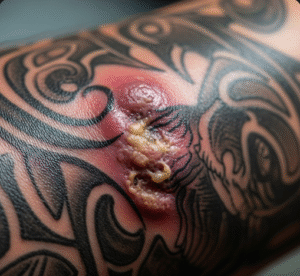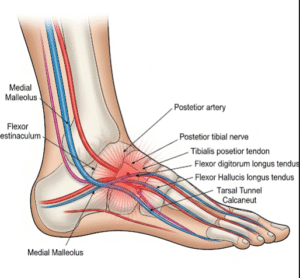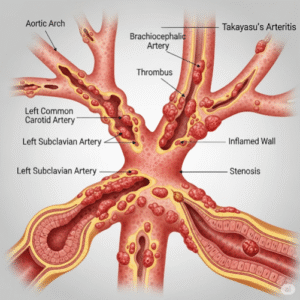Shigella (Bowel Infection) in Korea
Overview
Shigella infection is a bacterial illness causing inflammation of the intestines, particularly the colon, leading to diarrhea and abdominal pain. It is a common cause of bacterial dysentery worldwide, including in Korea, especially in settings with poor sanitation or contaminated food and water. Prompt diagnosis and treatment are important to prevent severe dehydration and complications.
What is Shigella (Bowel Infection)?
Shigella is a genus of bacteria that causes shigellosis, an infectious disease characterized by diarrhea, often bloody, fever, and stomach cramps. It spreads primarily through the fecal-oral route, via contaminated food, water, or direct person-to-person contact.
Symptoms
- Diarrhea, which may be watery or bloody
- Abdominal pain and cramping
- Fever
- Nausea and vomiting
- Urgency to defecate and painful bowel movements
- Tenesmus (feeling of incomplete evacuation)
Causes
- Infection by Shigella bacteria (commonly S. dysenteriae, S. flexneri, S. boydii, S. sonnei)
- Contaminated food or water
- Poor hygiene and sanitation
- Close contact with an infected person
Risk Factors
- Young children and elderly
- Living in or traveling to areas with poor sanitation
- Daycare settings or crowded living conditions
- Immunocompromised individuals
- Inadequate handwashing practices
Complications
- Severe dehydration due to diarrhea
- Rectal prolapse (in severe cases, especially children)
- Hemolytic uremic syndrome (HUS), a rare but serious kidney complication
- Reactive arthritis
- Prolonged or recurrent infections in immunocompromised patients
Prevention
- Practicing good hand hygiene, especially after using the toilet and before eating
- Drinking safe, clean water and avoiding contaminated food
- Proper sanitation and sewage disposal
- Avoiding close contact with infected individuals
- Safe food handling and cooking practices
Treatment Options in Korea
South Korea provides advanced healthcare services for managing shigellosis with prompt diagnosis and treatment.
- Diagnosis
- Stool culture and PCR testing to identify Shigella species
- Laboratory tests for antibiotic susceptibility
- Medical Treatment
- Rehydration therapy (oral or intravenous) to prevent dehydration
- Antibiotics such as ciprofloxacin or azithromycin, based on susceptibility testing
- Symptomatic treatment including fever reducers and anti-diarrheal agents (used cautiously)
- Hospital Care
- For severe dehydration or complications, hospitalization may be required
- Monitoring and supportive care for high-risk patients
- Public Health Measures
- Reporting and monitoring of cases by the Korea Centers for Disease Control and Prevention (KCDC)
- Public education campaigns on hygiene and food safety













